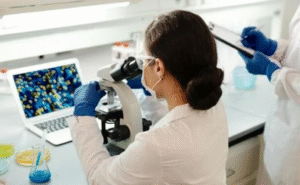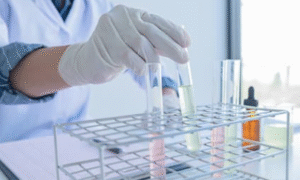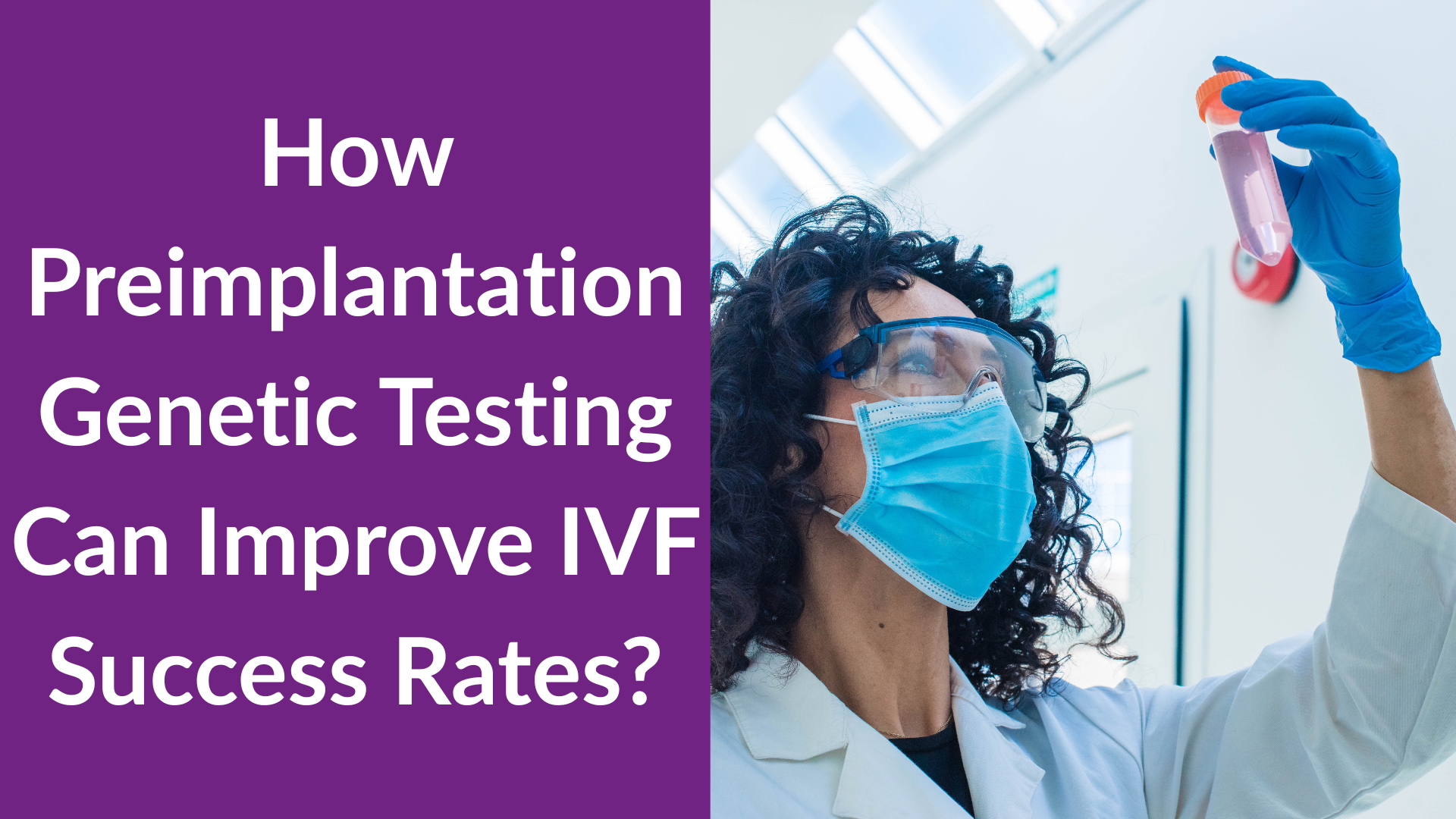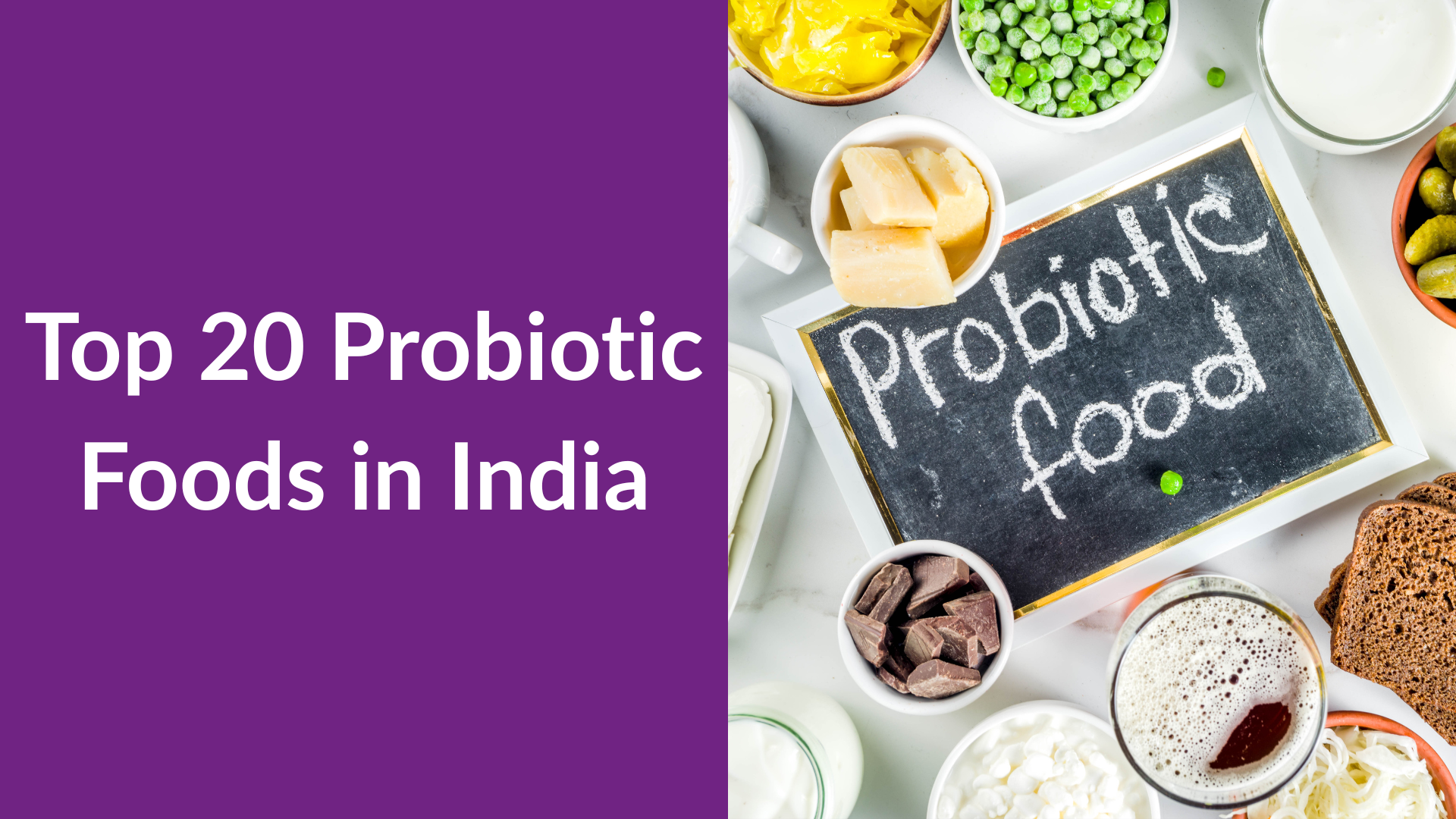In vitro fertilization (IVF) has transformed fertility care by offering a powerful solution for couples facing infertility. However, despite advances in laboratory technology and embryo culture, the success of IVF still hinges largely on the genetic health of the embryos being transferred. This is where Preimplantation Genetic Testing (PGT) plays a pivotal role.
PGT refers to a group of genetic tests performed on embryos during IVF before they are implanted in the uterus. The purpose is to identify embryos with normal chromosomes or those free from specific genetic disorders—thereby increasing the chance of a healthy pregnancy.
What is Preimplantation Genetic Testing?


Preimplantation Genetic Testing (PGT) is a laboratory technique used to evaluate the genetic and chromosomal status of embryos prior to implantation. The testing is typically performed on embryos that reach the blastocyst stage (Day 5 or 6), where a few cells are carefully biopsied from the outer layer of the embryo without harming its ability to develop.
PGT is classified into three main types:
- PGT-A (Aneuploidy Screening): Detects embryos with abnormal numbers of chromosomes.
- PGT-M (Monogenic Disease Testing): Screens for specific inherited single-gene disorders like cystic fibrosis or thalassemia.
- PGT-SR (Structural Rearrangements): Identifies balanced or unbalanced chromosomal translocations or inversions in embryos.
How Does PGT Improve IVF Success Rates?
1. Helps Select the Healthiest Embryos
One of the most significant advantages of PGT is its ability to identify euploid embryos—those with the correct number of chromosomes. Transferring such embryos significantly increases the chances of successful implantation and pregnancy.
2. Reduces the Risk of Miscarriage


PGT helps eliminate embryos with aneuploidy (missing or extra chromosomes), thereby reducing the incidence of miscarriage due to chromosomal abnormalities and emotional trauma for patients.
3. Optimizes the Use of IVF Cycles
Instead of undergoing multiple IVF cycles with trial-and-error embryo transfers, PGT enables clinicians to choose the embryo with the highest potential for success in a single cycle—saving both time and cost.
4. Improves Outcomes for Advanced Maternal Age
As maternal age increases, the likelihood of chromosomal errors in eggs also rises. PGT-A can screen embryos from older women, helping them avoid implantation of genetically abnormal embryos, which are more common after age 35.
5. Minimizes Genetic Disease Transmission


Couples who are known carriers of inherited genetic conditions can use PGT-M to prevent passing on serious diseases to their children, thus ensuring a healthy start to life.
Clinical Evidence Supporting PGT
Recent studies and clinical data support the benefit of PGT in selected populations:
- Improved implantation and pregnancy rates have been documented, especially when PGT is combined with blastocyst culture and single embryo transfer.
- A significant reduction in miscarriage rates has been observed with PGT-A, particularly in women with recurrent pregnancy loss.
- While some older studies raised concerns about the efficacy of early-stage embryo biopsy (Day 3), modern protocols using blastocyst-stage biopsy and advanced technologies like Next-Generation Sequencing (NGS) have improved accuracy and minimized embryo damage.
🧬Read more about how embryo screening works and its clinical impact at Eva Fertility Clinic – How Preimplantation Genetic Testing Can Improve IVF Success Rates
Who Should Consider PGT?
PGT may be particularly beneficial for:
- Women over 35 years of age
- Couples with recurrent IVF failures
- Couples with a history of repeated miscarriages
- Individuals with known chromosomal translocations
- Carriers of specific inherited genetic conditions
Risks and Limitations of PGT


Despite its benefits, PGT does have certain limitations:
- Cost: It adds a significant expense to IVF treatment.
- False results: Though rare, false positives/negatives can occur.
- Embryo mosaicism: Some embryos may contain both normal and abnormal cells, complicating interpretation.
- Not a guarantee: PGT improves chances but does not guarantee pregnancy or the birth of a healthy baby.
Conclusion
Preimplantation Genetic Testing is not merely a diagnostic tool—it’s a strategic advancement that enhances IVF outcomes by ensuring that only the healthiest embryos are chosen for transfer. By reducing miscarriage risk, preventing genetic diseases, and maximizing success rates per cycle, PGT offers new hope for couples navigating fertility challenges.
If you are considering IVF or have experienced unsuccessful attempts in the past, speak to your fertility specialist to determine if PGT is right for you.
For expert advice and advanced fertility solutions, get in touch with Eva IVF & Women’s Centre today.




